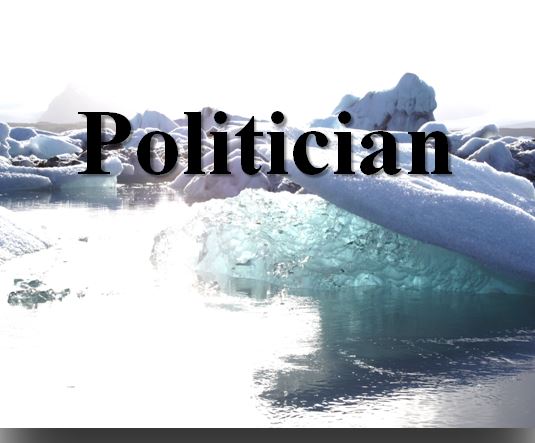Upon covering the Paris agreement, Brad Plumer, a reporter covering issues on climate change and energy policy for The New York Times wrote: “The world set a simple goal for climate change. We’re likely to miss it. No one could agree on how much global warming was actually unacceptable. How high did the seas need to rise before we had a serious problem? How much heat was too much?”. Scientific uncertainties especially ones related to climate change has often been heightened in various media outlets either by emphasizing controversy or disagreement among scientists. But how adequately are they represented? This was the topic of discussion for our fourth role play at ICSS, uni-Hamburg. However, our question focused on journalists representation of uncertainties relating to the two-degree climate goal. The contributing roles were scientists, politicians, media critique, environmental activists and journalists.
Scientists debated that although qualitative and factual news is important: journalists inadequately represent uncertainties and make science more certain and uncertain than it really is. They argued that reporters dramatized uncertainties in order to sell news. Over and above that, the message of traditional balance of news pose a critical journalistic problem when reporting on uncertainties related to the goal. They expressed when conflicting claims are offered, reporters present various statements as having equal weight, even though the majority of evidence or opinion fall clearly to one side.
Environmental activists also agreed with scientists. They stated the media way of dramatizing uncertainties deliver messages to the public that science is so uncertain and make others claims more credible than the actual truth. They expressed while they are working significantly hard for their voices to be heard: reporters make their work difficult by dramatizing uncertainties and delivering the perception of competing scientific views without any clear sense of how the evidence lines up.
Media critique also argued that while the message of equal coverage fulfill traditional news values: Journalists highlights uncertainties without mentioning uncertainties. Instead, they choose catchy headlines in communicating it. They pointed out that reporters not mentioning uncertainties is a way of not adequately representing uncertainties. In most cases, headlines are dramatized, present doubts and conflicting claims are not equally represented as expressed by both scientists and activists.
Politicians from the democratic people’s union as their name stands for believe in democracy and freedom of expression and therefore expressed support for journalism. However, they noted that while the media offers the most genuine insights to stories: Communicating uncertainties should absolutely be done by professionals/experts.They proposed there should be a council to interpret uncertainties and in the end brought to the public as a clear statement through the media.
Journalists also expressed, they are expected to communicate uncertainties because scientists are hesitant to share them. They claimed it was the fault of science for not sharing their finding which assigns them (journalists) with the burden of communicating these uncertainties. They claimed experts were discouraged from communicating uncertainties because of their reputation. They took note that in L’aquila: five scientists were jailed for manslaughter for underestimating an earthquake which killed about 309 people because they fail to communicate the uncertainties in their findings. More so, they noted the definition of adequacy could differ in various professional fields and therefore the words for estimating adequacy needs to be properly defined.

